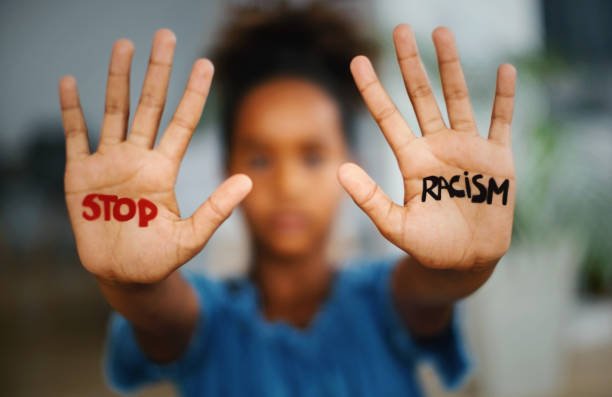How does the Bill of Rights Affect you as a young person in South Africa: The Bill of Rights, the first ten amendments to the United States Constitution, plays an essential role in safeguarding individual freedoms and limiting governmental power. As a young person, it’s crucial to understand how these amendments directly impact your life, and how they help shape the society you live in.
How does the Bill of Rights Affect a young Person in South Africa
This article will discuss the relevance of the Bill of Rights to young people and the importance of knowing your rights.
- Freedom of Expression (First Amendment)
As a young person, the freedom to express yourself is vital for personal growth and social development. The First Amendment guarantees the right to freedom of speech, religion, press, assembly, and petition, allowing you to voice your opinions, practice your faith, and consume diverse media sources. This freedom fosters creativity, innovation, and an informed society, ensuring you can actively participate in shaping the world around you.
- Right to Bear Arms (Second Amendment)
The Second Amendment protects the right to bear arms, allowing for self-defense and the maintenance of a well-regulated militia. While this amendment’s application may vary depending on your state and age, understanding the debate surrounding gun control and personal safety is essential for young people navigating today’s society.
- Privacy and Personal Autonomy (Third and Fourth Amendments)
Privacy is a fundamental right that directly impacts young people’s lives, especially with the rise of digital technology. The Third Amendment protects against the forced housing of soldiers in private homes, while the Fourth Amendment safeguards against unreasonable searches and seizures without a warrant. These amendments create a foundation for privacy rights, ensuring you can enjoy personal autonomy and protection from unwarranted government intrusion.
- Due Process and Fair Treatment (Fifth, Sixth, Seventh, and Eighth Amendments)
The Bill of Rights also guarantees your right to fair treatment within the justice system. The Fifth Amendment protects against self-incrimination and double jeopardy, while the Sixth Amendment ensures the right to a speedy and public trial with an impartial jury. The Seventh Amendment guarantees the right to trial by jury in civil cases, and the Eighth Amendment prohibits excessive bail, fines, and cruel or unusual punishment. As a young person, these protections ensure that you are treated fairly, regardless of your background or circumstances.
- Unenumerated Rights and Limited Government (Ninth and Tenth Amendments)
The Ninth Amendment states that the enumeration of specific rights in the Constitution does not mean that other rights not mentioned are denied to the people. The Tenth Amendment reinforces the principle of federalism, reserving powers not granted to the federal government to the states and the people. These amendments emphasize the importance of individual rights and limited government, allowing for greater personal freedom and autonomy as a young person.
As a young person, understanding the Bill of Rights and its impact on your life is essential to being an informed and engaged citizen. By knowing your rights and the limitations of government power, you can better navigate society, advocate for change, and shape the future for yourself and future generations.

